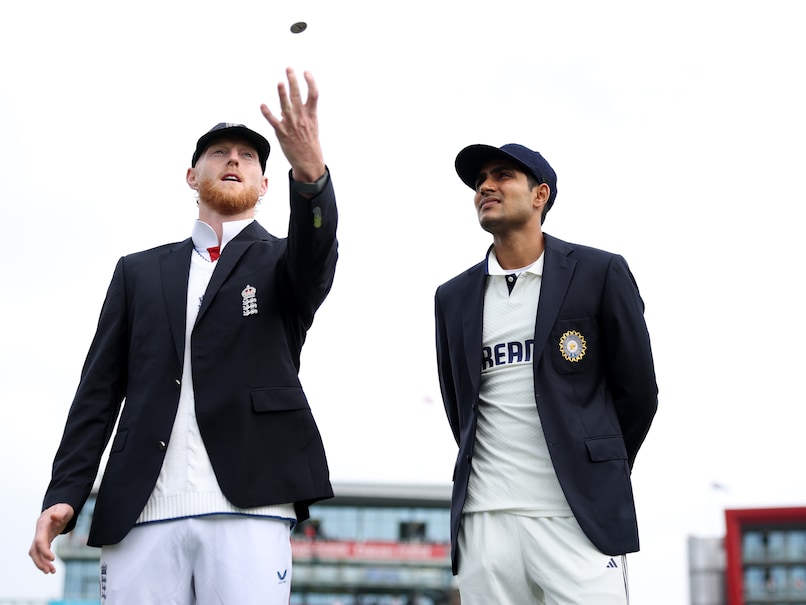

Shubman Gill's recent performance at Old Trafford has amplified concerns about a recurring trend within Team India's batting lineup. While Gill has shown flashes of brilliance throughout the series, his inability to convert starts into substantial scores, particularly in crucial situations, mirrors a larger issue plaguing the team. This pattern of inconsistency raises questions about the team's reliance on a few key players and the lack of depth in the batting order.
Gill's talent is undeniable. He is nearing 6,000 international runs and is the leading run-scorer in the current series against England, averaging over 100. He has displayed his capabilities with a monumental 269 at Edgbaston. However, his performance in the Lord's Test, where he scored just 16 and 6, highlighted his vulnerability. At Old Trafford, after a promising start by the openers, Gill's dismissal added pressure on the middle order.
This inconsistency is not unique to Gill. Time and again, the Indian batting lineup has been susceptible to collapses, especially when facing quality bowling attacks in challenging conditions. The over-reliance on Virat Kohli and Rohit Sharma in past years has been well-documented, and while new stars are emerging, the team hasn't yet developed a consistent batting depth. When these established batsmen fail, the middle and lower order often struggle to steady the ship, leading to disappointing results.
Several factors contribute to this worrying trend. One is the pressure of expectations. As a top-ranked team, India faces immense scrutiny, and the players often feel the weight of a billion hopes. This pressure can lead to tentative batting and poor shot selection, especially in high-stakes matches. Another factor is the lack of experience in overseas conditions. While Indian batsmen have traditionally dominated at home, they have often struggled to adapt to the different pitches and climates in countries like England, Australia, and South Africa. The moving ball and extra bounce can expose technical flaws, leading to wickets.
The current series against England has further exposed these vulnerabilities. While the opening pairs have provided solid starts in some matches, the middle order has struggled to capitalize, resulting in missed opportunities. This pattern highlights the need for greater resilience and adaptability among the batsmen. Looking back at India's Test record at Old Trafford, the team has never secured a Test victory at this venue. This historical context adds another layer of pressure on the team to perform.
To address this concerning trend, Team India needs to focus on several key areas. Firstly, there needs to be a greater emphasis on developing a strong and resilient middle order. Young players need to be given opportunities to gain experience and confidence in pressure situations. Secondly, the team needs to work on improving their adaptability to different conditions. This includes spending more time practicing on different types of pitches and developing strategies to counter different bowling styles. Shubman Gill has been diligent with his preparation, putting in long, focused net sessions. Thirdly, the team management needs to create a more supportive and relaxed environment, where players feel free to express themselves and take risks without the fear of failure.
The road ahead will not be easy, but with a focused approach and a commitment to continuous improvement, Team India can overcome this batting trend and achieve consistent success on the global stage. Mohammed Kaif criticized Shubman Gill for not backing Karun Nair in the Old Trafford Test, highlighting the need for tough decisions and leadership. Overcoming these challenges will be crucial for India to achieve their ambitions in Test cricket.